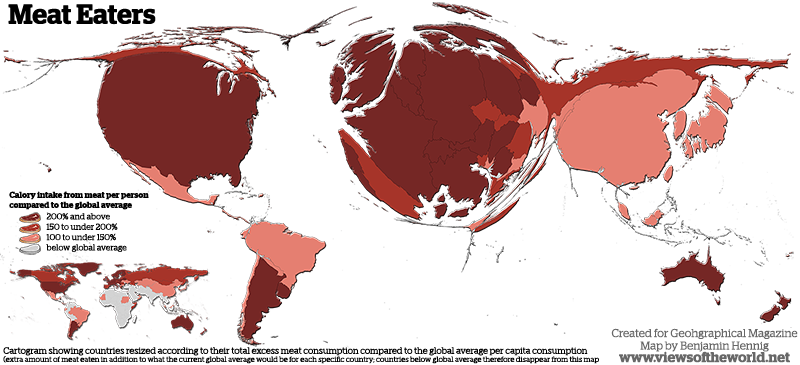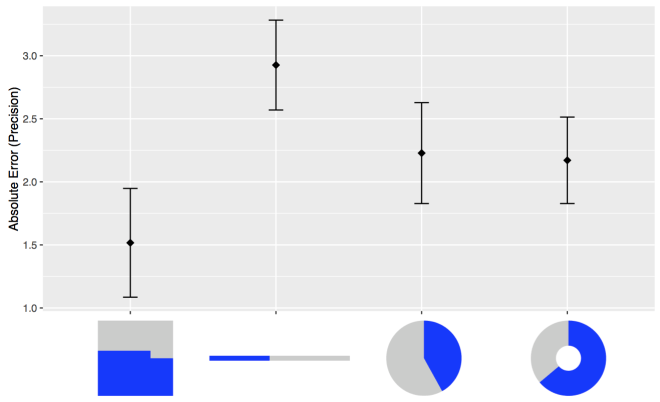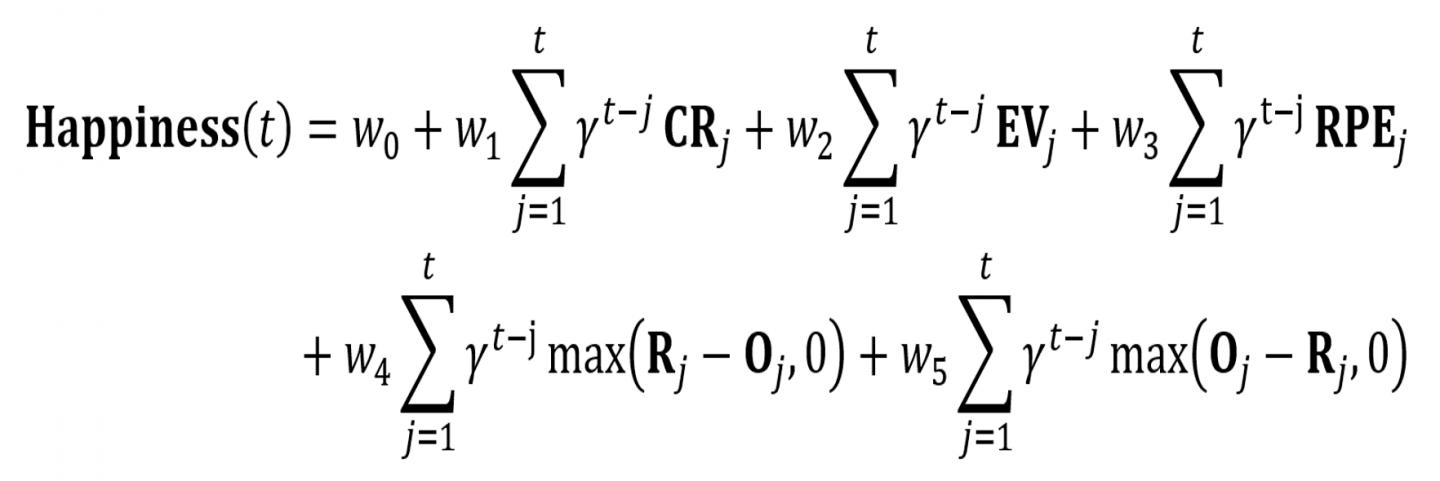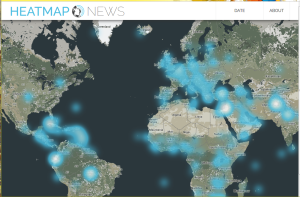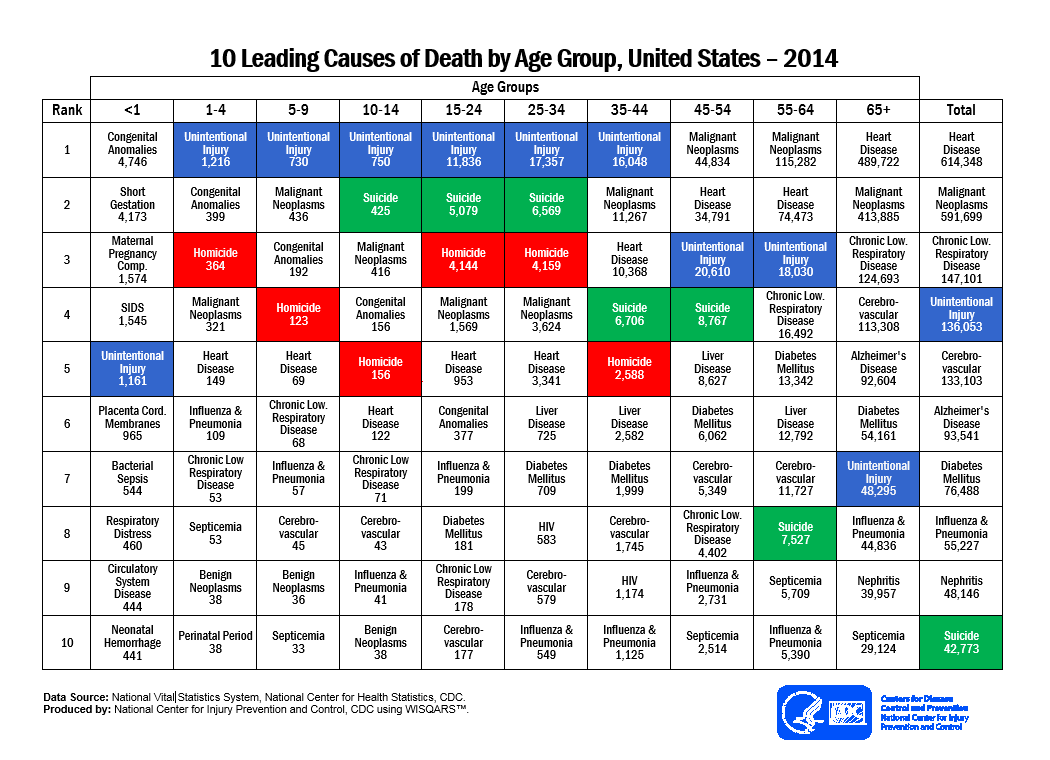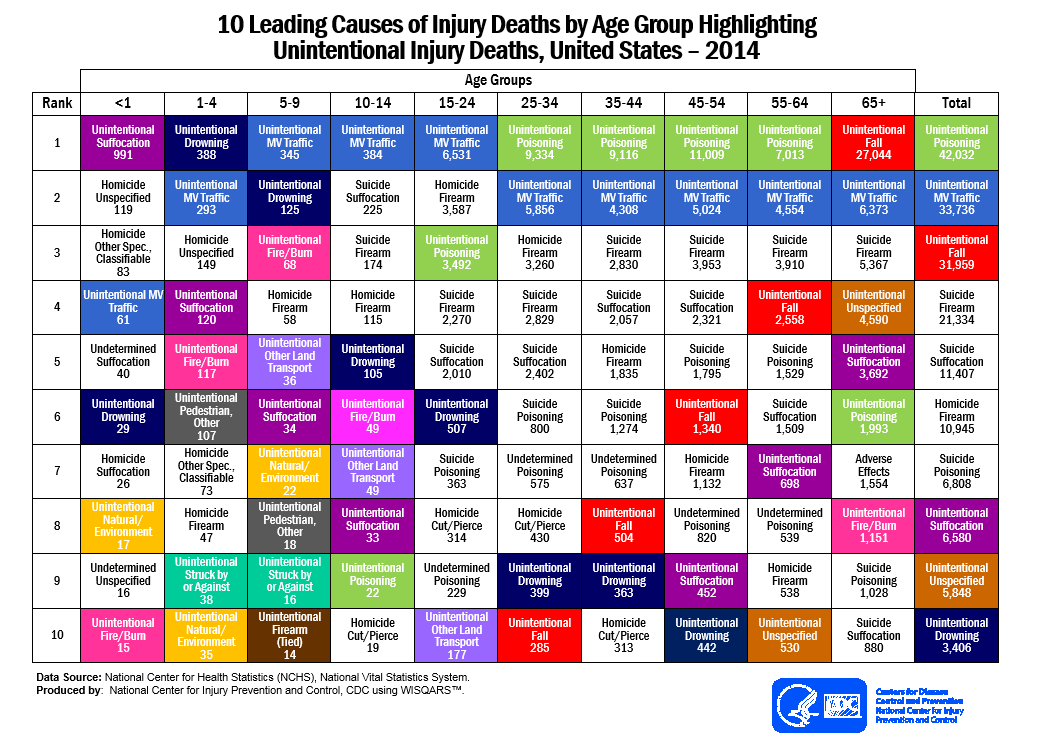The team at King’s College London showed that a chemical could encourage cells in the dental pulp to heal small holes in mice teeth.
A biodegradable sponge was soaked in the drug and then put inside the cavity.
The study, published in Scientific Reports, showed it led to “complete, effective natural repair”.
[…]
They discovered that a drug called Tideglusib heightened the activity of stem cells in the dental pulp so they could repair 0.13mm holes in the teeth of mice.A drug-soaked sponge was placed in the hole and then a protective coating was applied over the top.
Prof Paul Sharpe, one of the researchers, told the BBC News website: “The sponge is biodegradable, that’s the key thing.
“The space occupied by the sponge becomes full of minerals as the dentine regenerates so you don’t have anything in there to fail in the future.”
The team at King’s is now investigating whether the approach can repair larger holes.
Prof Sharpe said a new treatment could be available soon: “I don’t think it’s massively long term, it’s quite low-hanging fruit in regenerative medicine and hopeful in a three-to-five year period this would be commercially available.”
Source: ‘Tooth repair drug’ may replace fillings – BBC News



